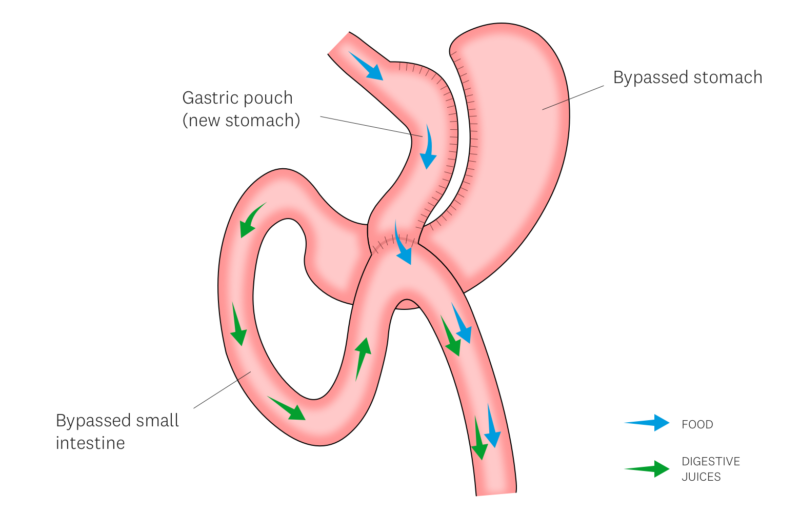Bariatric surgery has long been a reliable option for those struggling with obesity, and its long-term success can lead to transformative changes in health and quality of life.
Among the various surgical options out there, single anastomosis gastric bypass surgery stands out as a highly effective procedure for lasting weight loss. But how successful is bariatric surgery in the long run?
Let’s dive into the statistics on long-term outcomes and how this surgery impacts weight loss and overall health.
Weight Loss Success After Bariatric Surgery
One of the most compelling reasons individuals choose bariatric surgery is its ability to induce significant weight loss. Studies show that patients typically lose around 60% to 80% of their excess body weight within the first two years after surgery.
The success rate is consistently high across different types of bariatric procedures, including single anastomosis gastric bypass surgery, which is known for its effectiveness in achieving substantial weight loss with fewer complications compared to traditional bypass surgeries.
Improved Health Outcomes
Bariatric surgery doesn’t just help with weight loss, it also improves or resolves many obesity-related health conditions. For example, type 2 diabetes can go into remission for about 60% to 90% of patients following surgery and many report significant improvements in blood pressure, cholesterol levels and joint pain.
Studies show that patients experience significant improvements in sleep apnea and 50% see reductions in other comorbidities such as heart disease.
Moreover, patients who undergo single anastomosis gastric bypass surgery often report better metabolic outcomes and an easier recovery time compared to other forms of bypass surgery.
Long-Term Sustainability of Weight Loss
While the initial success of bariatric surgery is impressive, one common question is whether weight loss is sustainable in the long run. Studies indicate that 80% of patients maintain good weight loss five years after surgery, though lifestyle factors play a significant role in long-term success.
Diet and exercise, in combination with the surgery, help ensure the best outcomes. After the initial weight loss phase, patients who follow the recommended guidelines for healthy eating and exercise are more likely to maintain their weight loss over the long term.
For those considering single anastomosis gastric bypass surgery, it is important to understand that although this procedure offers an excellent foundation for long-term weight management, active participation in post-surgery care, including nutritional support and regular check-ups, is crucial for success.
Psychological and Emotional Well-Being
Aside from the physical benefits, bariatric surgery significantly improves mental health. Studies show that 60% to 70% of patients report improved quality of life, with reductions in depression, anxiety and emotional eating.
This is due to the combination of weight loss, increased mobility and greater self-esteem. Bariatric patients, especially those who opt for single anastomosis gastric bypass surgery, often experience profound changes in their psychological well-being.
The positive impact on mental health further enhances long-term success, as patients feel more motivated to continue with lifestyle changes and health improvement.
The Final Analysis
Bariatric surgery, especially single anastomosis gastric bypass surgery, offers long-term success in weight loss and the improvement of related health conditions. While individual results may vary, most patients experience significant benefits, including weight loss, improved health outcomes and enhanced quality of life.
By adhering to a healthy lifestyle post-surgery, patients can enjoy lasting success and the quality-of-life transformation they have worked so hard to achieve.
Ready for lasting weight loss with single anastomosis gastric bypass surgery? Book an appointment with Dr. Puhalla to check if you are eligible today.

